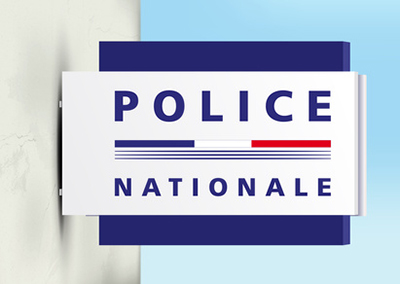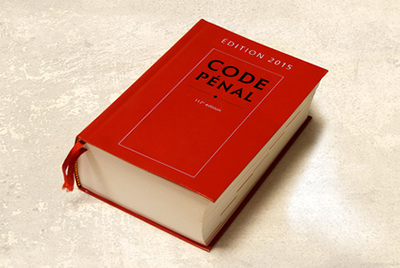A ‘garde à vue’ is a restraining measure decided by a police officer when a suspect is -- for one or multiple reasons -- considered potentially guilty of having committed,... read more →
Plea bargaining is an alternative to prosecution. The prosecutor may propose it in simple cases and when the person involved admits the facts. Plea bargaining can only be proposed by... read more →
Trial in criminal court may be determined for different reasons, among them: Request by an investigating magistrate (juge d’instruction) (cf instruction), Summons by a judiciary police officer (COPJ), Procedure of... read more →
If a crime has been committed, this is a mandatory phase during which the examining magistrate himself engages in many aspects of the judicial investigation.. In lesser cases the prosecutor,... read more →
It is in this venue that the cases qualified as crimes are judged (ex: rape, murder, assassination, grand theft in organized gangs…) The trial takes place after the ‘instruction’ phase,... read more →
The ‘comparution sur reconnaissance préalable de culpabilité’ – hearing following admission of guilt – is a procedure designed for culprits who admit to having committed the acts for which they... read more →
This is a procedure decided upon the prosecutor to allow for an immediate judgement at the end of a ‘garde a vue.’ The suspect is immediately taken by police to... read more →
Network lawyers also accompany victims when they appear in court to defend their rights, in particular when they are entitled to financial reparations . They intervene during: In penal court... read more →


